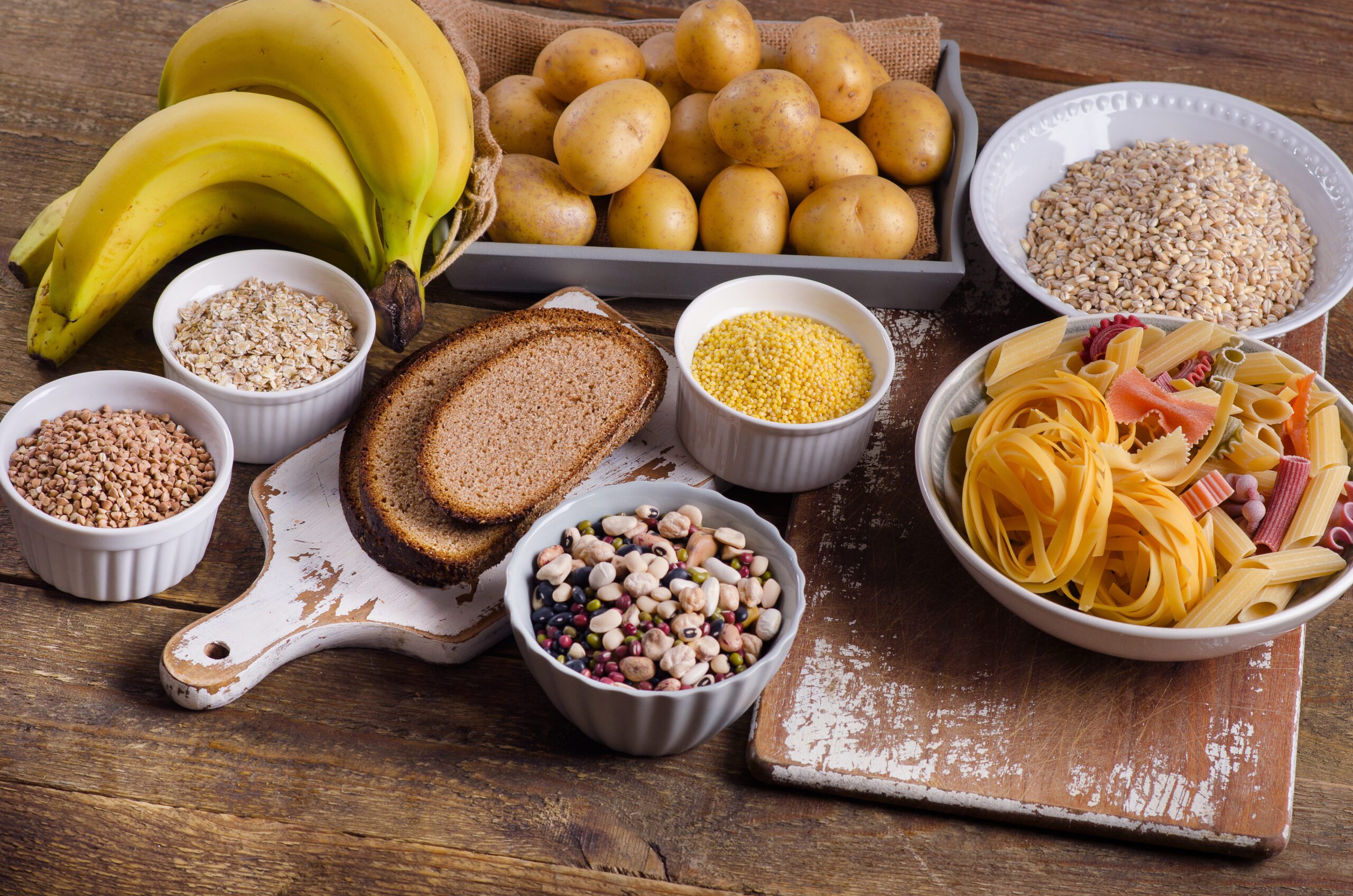Nutrition is the cornerstone of a healthy life. The food we consume provides our bodies with the essential nutrients required for growth, repair, and overall well-being. A balanced diet that incorporates a variety of essential nutrients is key to maintaining good health, so let’s discuss what those important nutrients are and the roles they can play in promoting a healthy diet and supporting weight loss as we do here at Equalution.
Table of Contents
What are the ‘essential nutrients’ for a healthy diet?
Carbohydrates
Carbohydrates are one of the body’s primary sources of energy. They are found in foods like grains (bread, rice, pasta), fruits, vegetables, and legumes. Simple carbohydrates, such as sugars, provide quick energy, while complex carbohydrates, like whole grains, release energy gradually, helping to maintain stable blood sugar levels. A balanced intake of carbohydrates is crucial for both physical and mental functions.Eating carbohydrates are an important part of a healthy meal plan and most recipes for weight loss will include foods rich in carbohydrates to fuel your day.
Proteins
Proteins are the building blocks of life. They are essential for the growth and repair of tissues, the production of enzymes and hormones, and immune system function. Good sources of protein include lean meats, fish, poultry, eggs, dairy products, legumes, soy-based products (tofu, tempeh), and nuts. Most of the recipes for weight loss that Equalution provides include large volumes of proteins, as any well-rounded diet should include a variety of protein sources to ensure the body receives all the necessary amino acids.
Fats
Dietary fats are often misunderstood, but they are essential for health. Fats are vital for the absorption of fat-soluble vitamins (A, D, E, and K), as well as for providing a concentrated source of energy. Healthy fats, such as those found in avocados, olive oil, nuts, and fatty fish, can help reduce the risk of heart disease and support brain health. It’s important to limit saturated and trans fats found in processed and fried foods, and prioritise more unsaturated (healthy) fats!
Vitamins
Vitamins are organic compounds, and a type of micronutrient, that play various roles in maintaining health. There are thirteen essential vitamins, each with its unique functions. For example, vitamin C is crucial for the immune system and collagen production, while vitamin D aids in calcium absorption and bone health. Vitamins are typically obtained through a diverse diet of fruits, vegetables, dairy, and whole grains.
Minerals
Minerals are inorganic nutrients that support a wide range of bodily functions. Some essential minerals include calcium, which is necessary for strong bones and teeth, and iron, required for oxygen transport in the blood. Other important minerals include potassium, magnesium, and zinc. Eating a variety of foods, including leafy greens, dairy products, and lean meats, can help maintain adequate mineral levels.
Water
Water is the most fundamental nutrient, and it is vital for survival. The human body is composed of about 60% water, and it plays a role in digestion, circulation, temperature regulation, and waste elimination. Staying hydrated is essential for overall health, and it is recommended to drink at least eight 8 x 250ml glasses of water a day.
Fibre
Another essential component of a healthy diet includes dietary fibre. While this is not officially considered a nutrient, as fibre is not digested or absorbed by the body, it plays a vital role in maintaining our digestion and overall health.
High-fibre foods, such as whole grains, fruits, and vegetables, promote regular bowel movements, help control blood sugar levels, and support heart health. A diet rich in fibre can also aid in weight management.

The role of essential nutrients in building meal plans for weight loss
At Equalution, we build a healthy meal plan based on the primary macronutrients and dietary fibre, and ensure a good distribution of fruits and vegetables across our meals as well to contribute to your micronutrient intake. Based on our strategy, the macro distribution in our meal plans can support a sustainable approach to weight loss by prioritising proteins and fibre, alongside a controlled intake of fats and carbohydrates.
Your weekly meal plan will differ in the macro distribution every week, based on the ingredients in the meals. Maintaining a consistent calorie intake and reaching close to your macro targets each week will support your progress following our weight loss strategy.
We can assure you that an Equalution meal plan is not boring or lacklustre – our range of recipes for weight loss are lower in carbohydrates, and prioritise a higher protein intake, but are not plain old chicken and broccoli! To name a few of our favourites, we’ve got a Thai Red Prawn Curry, Creamy Sausage Pasta, Big Mac Self Cut Loaded Fries and Peri Peri Chicken Pizza! You can view some of our recipes for weight loss here.
To find more recipes for weight loss, and kickstart your journey with us, sign up for one of our plans starting at $49/month.

